Keep Squash Bugs Out Of Your Garden With Companion Planting
Keep Squash Bugs Out of Your Garden with Companion Planting
Squash bugs are a common pest in gardens that grow cucurbit plants, such as squash, zucchini, and cucumbers. These bugs can be very destructive, sucking the sap from plants and causing them to wilt and die.
There are a number of ways to control squash bugs, including chemical pesticides, insecticidal soap, and neem oil. However, these methods can be harmful to the environment and to beneficial insects.
A more natural and effective way to control squash bugs is to use companion planting. Companion planting is a gardening technique that uses the relationships between different plants to deter pests and attract beneficial insects.
There are a number of plants that can help to repel squash bugs. Some of the most effective companion plants for squash include:
- Nasturtiums: These brightly colored flowers have a strong scent that repels squash bugs. They also attract beneficial insects, such as ladybugs, which prey on squash bugs.

- Marigolds: These flowers also have a strong scent that repels squash bugs. They also help to improve the soil quality, which makes plants more resistant to pests.

- Catnip: This herb has a strong scent that repels squash bugs. It also attracts beneficial insects, such as parasitic wasps, which prey on squash bug eggs.
- Garlic: The strong smell of garlic can repel squash bugs. It can also be used to make a natural insecticidal spray.
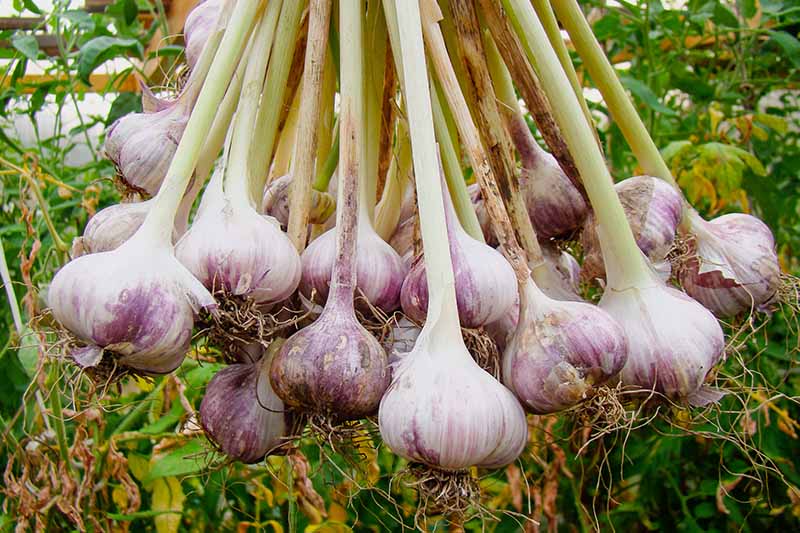
- Onions: Like garlic, onions have a strong smell that can repel squash bugs. They can also be used to make a natural insecticidal spray.

- Radishes: The white flowers of radishes attract beneficial insects, such as damsel bugs, which prey on squash bugs.
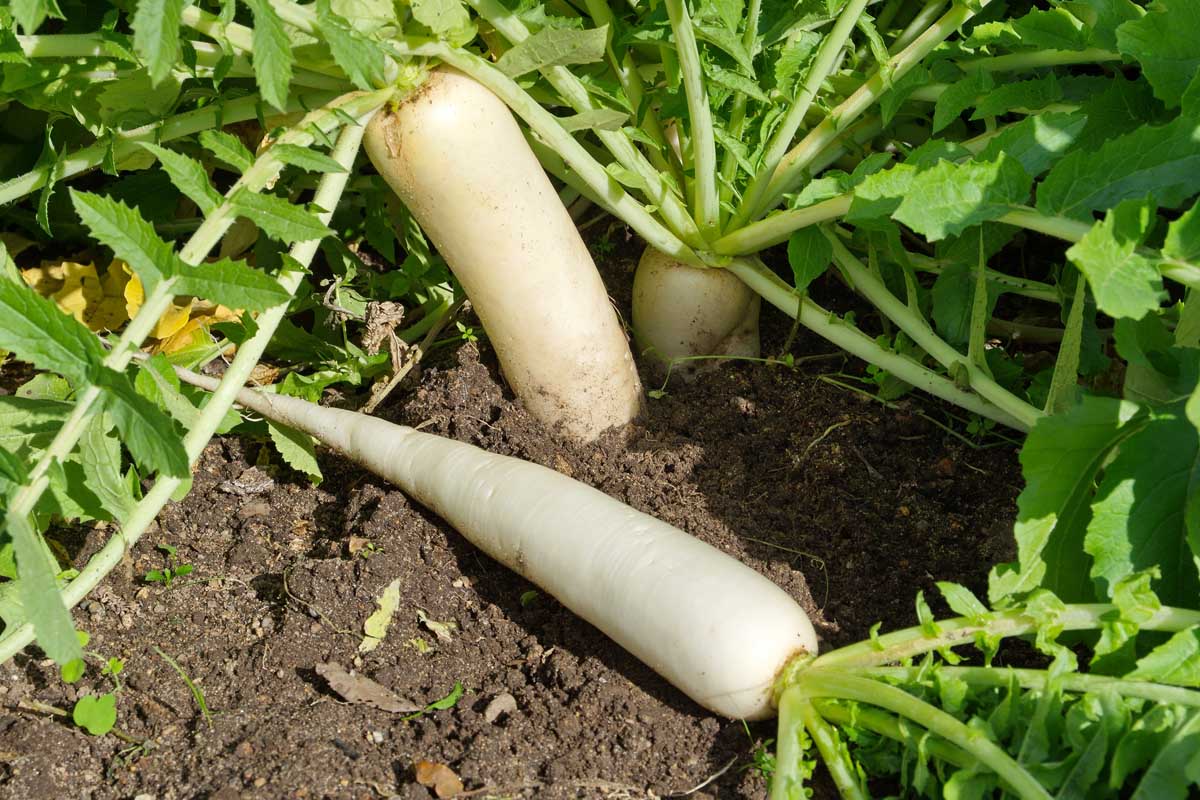
- Dill: This herb attracts beneficial insects, such as hoverflies, which prey on squash bug eggs.
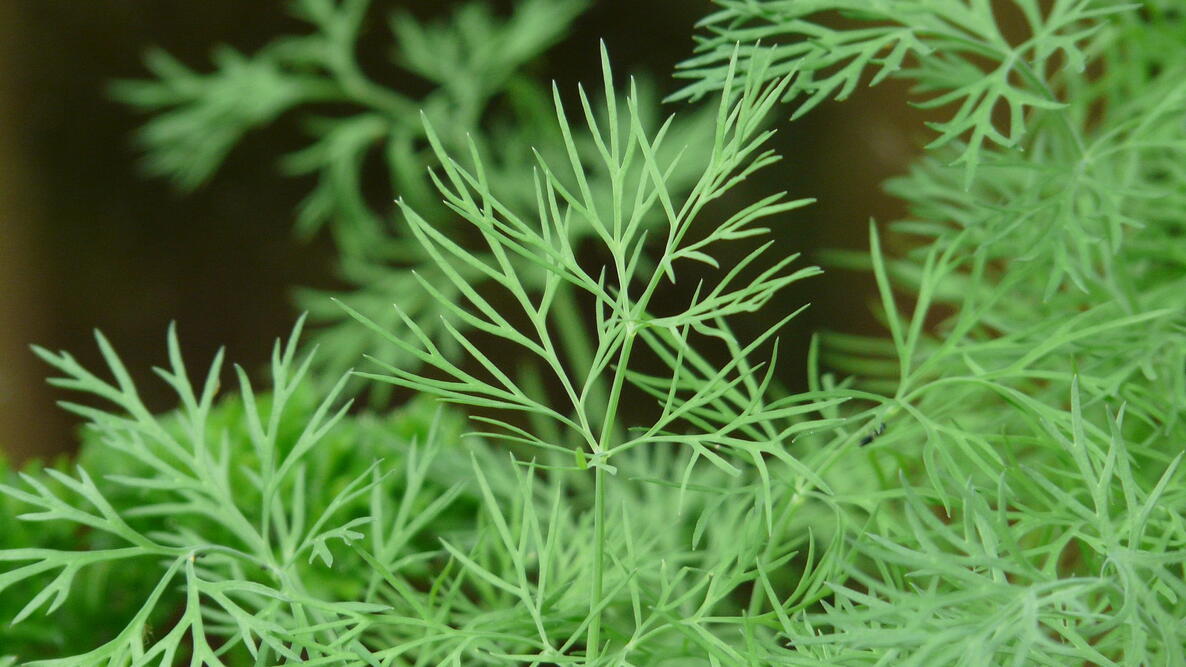
- Tansy: This herb has a strong scent that repels squash bugs. It can also be used to make a natural insecticidal spray.
When planting companion plants, it is important to plant them near your squash plants. This will help to deter squash bugs and attract beneficial insects.
In addition to companion planting, there are a number of other things you can do to prevent squash bugs from infesting your garden. These include:
- Planting resistant varieties: Some varieties of squash are more resistant to squash bugs than others. If you live in an area where squash bugs are a problem, choose resistant varieties when planting your squash.
- Keeping your garden clean: Remove any dead or diseased plants from your garden. This will help to prevent squash bugs from finding a place to overwinter.
- Inspecting your plants regularly: Inspect your squash plants regularly for signs of squash bugs. If you see any squash bugs, remove them immediately.
By following these tips, you can help to keep squash bugs out of your garden and enjoy a bountiful harvest of cucurbit vegetables.
Squash bugs are a common pest in many gardens, but there are natural ways to prevent them. One of the most effective methods is companion planting. Companion planting is the practice of planting certain types of plants together to benefit each other. Some plants, such as nasturtiums and marigolds, have a natural scent that repels squash bugs. Others, such as garlic and onions, release chemicals that can kill squash bug eggs.
If you're looking for ways to prevent squash bugs in your garden, I recommend checking out Gardenia Inspiration. This website has a wealth of information about companion planting, including a list of plants that repel squash bugs. You can also find tips on how to plant and care for these plants.
FAQ of companion planting to prevent squash bugs
Q: What are some companion plants that repel squash bugs?
A: There are a number of companion plants that can help to repel squash bugs. Some of the most effective include:
- Nasturtiums: These bright, colorful flowers have a strong scent that is said to repel squash bugs. They also attract beneficial insects, such as ladybugs and lacewings, which help to control pests.
- Marigolds: These cheerful flowers also have a strong scent that can repel squash bugs. They also help to improve the soil quality, which can make your plants healthier and more resistant to pests.
- Garlic: The strong smell of garlic is another effective way to deter squash bugs. You can plant garlic cloves around your squash plants, or you can make a garlic spray to apply to the leaves.
- Onions: Like garlic, onions have a strong smell that can repel squash bugs. You can plant onions around your squash plants, or you can make an onion spray to apply to the leaves.
- Radishes: Radishes are not only a delicious vegetable, but they can also help to deter squash bugs. The smell of radishes is said to confuse squash bugs, making it difficult for them to find their way to your plants.
Q: How far apart should companion plants be planted?
A: The ideal spacing for companion plants will vary depending on the specific plants involved. However, as a general rule of thumb, you should plant companion plants at least 12 inches apart. This will give the plants enough space to grow and thrive, while also helping to deter pests.
Q: What other benefits do companion plants offer?
In addition to deterring pests, companion plants can also offer a number of other benefits to your garden. For example, some companion plants can help to improve the soil quality, attract beneficial insects, or even provide shade for your plants.
Q: What are some other ways to prevent squash bugs?
In addition to companion planting, there are a number of other ways to prevent squash bugs. Some of these methods include:
- Inspecting your plants regularly: This will help you to catch any squash bugs early on, before they have a chance to cause too much damage.
- Hand-picking: If you see any squash bugs, you can hand-pick them and destroy them.
- Using insecticidal soap: Insecticidal soap is a non-toxic way to kill squash bugs. You can spray it directly on the bugs, or you can mix it with water and water your plants with it.
- Using neem oil: Neem oil is another non-toxic option for controlling squash bugs. You can spray it directly on the bugs, or you can mix it with water and water your plants with it.
Image of companion planting to prevent squash bugs
Nasturtiums are a popular companion plant for squash because they help to repel squash bugs. The scent of nasturtiums is unpleasant to squash bugs, and they will often avoid plants that are near nasturtiums.
Marigolds are another good companion plant for squash. They also have a scent that is unpleasant to squash bugs, and they can help to attract beneficial insects that prey on squash bugs.
Garlic is a strong-scented herb that can help to repel squash bugs. You can plant garlic cloves around your squash plants, or you can use garlic spray to deter squash bugs.
Onions are similar to garlic in that they have a strong scent that can repel squash bugs. You can plant onions around your squash plants, or you can use onion spray to deter squash bugs.
Catnip is a herb that is known to repel a variety of pests, including squash bugs. You can plant catnip around your squash plants, or you can use catnip spray to deter squash bugs.
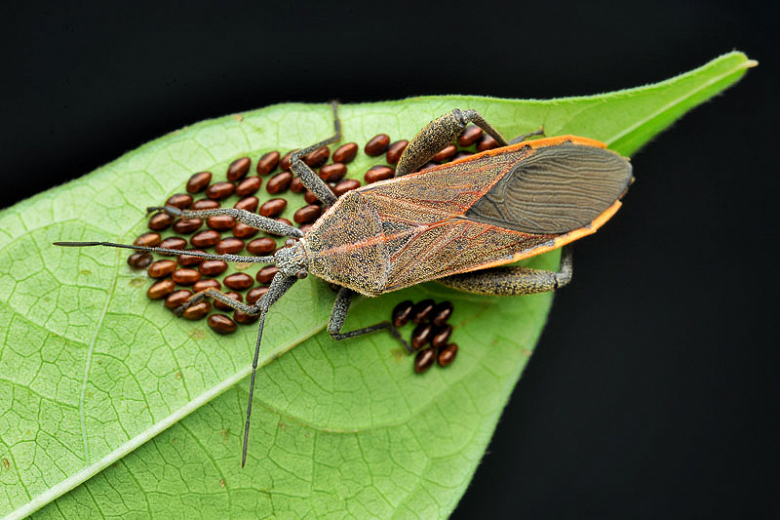
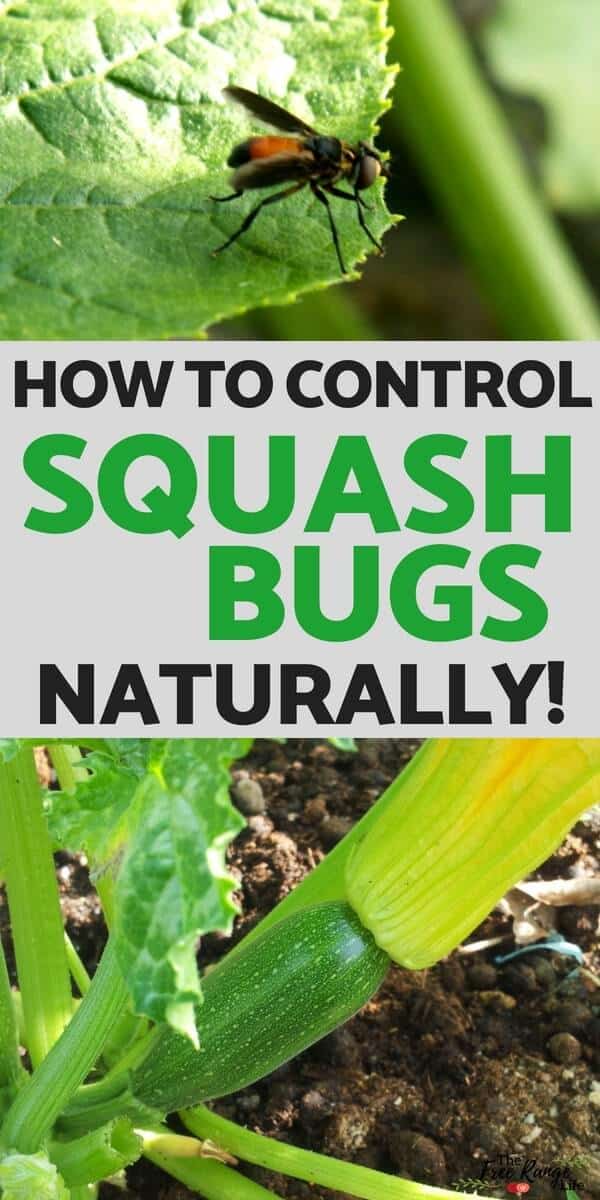

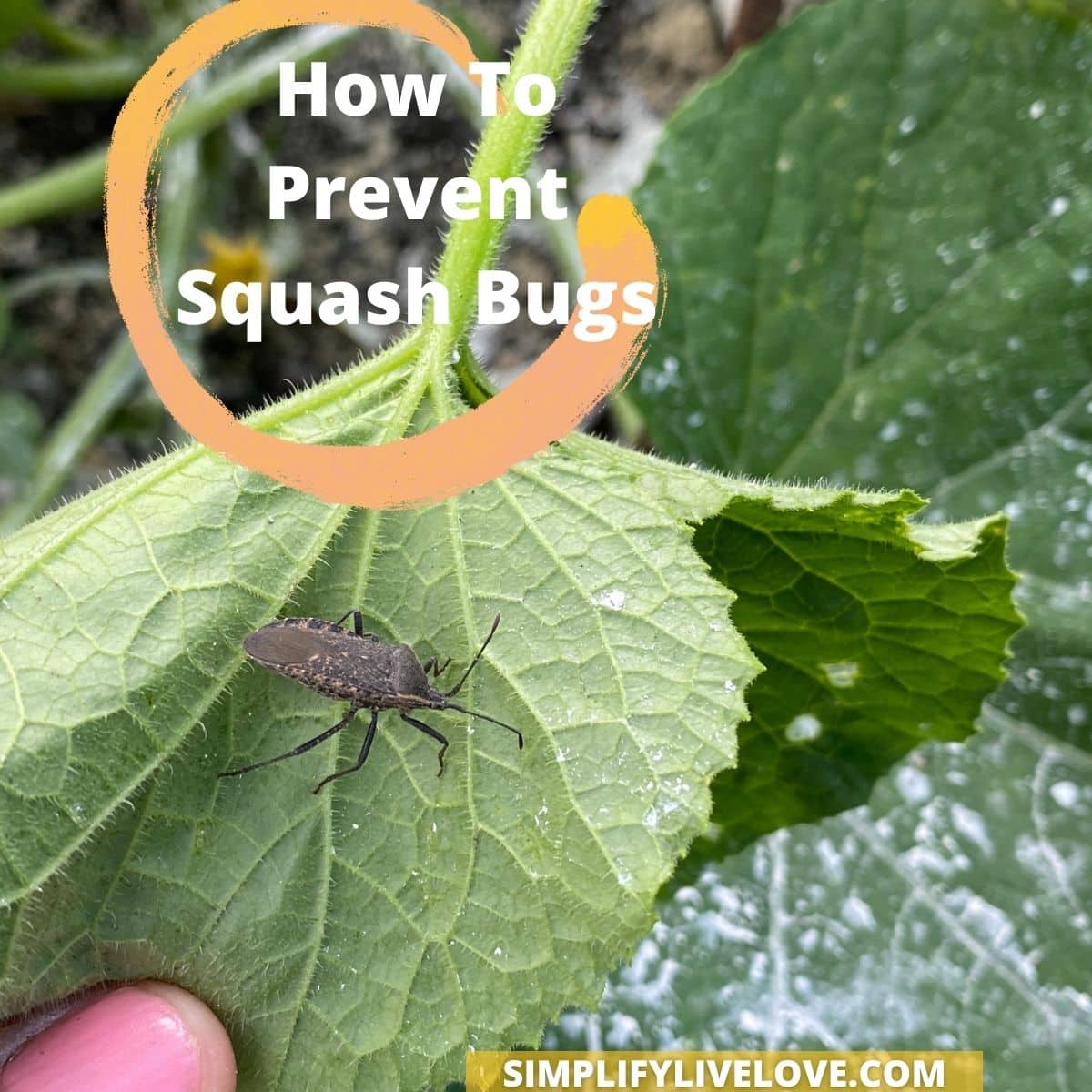
Post a Comment for "Keep Squash Bugs Out Of Your Garden With Companion Planting"